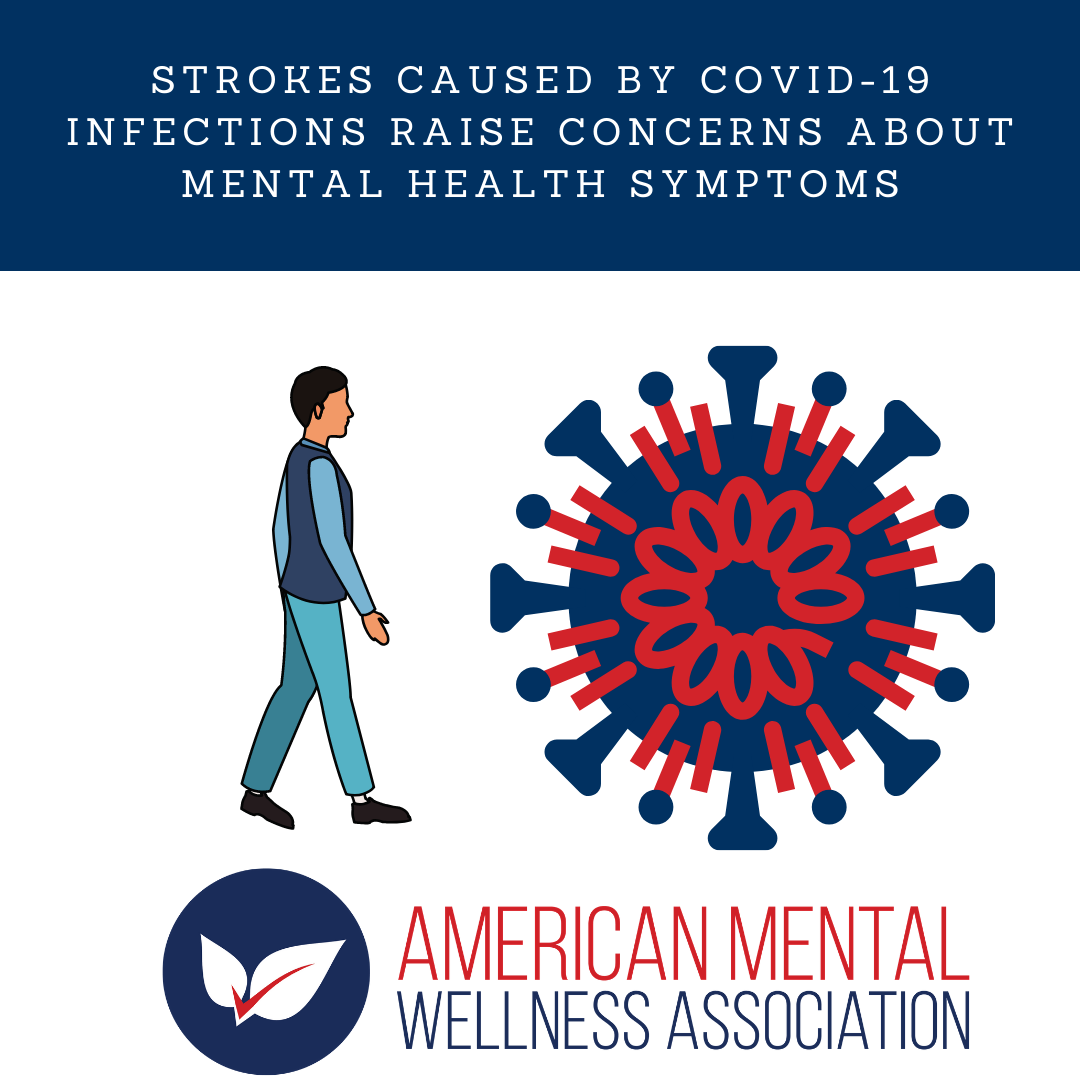Strokes Caused by COVID-19 Infections Raise Concerns About Mental Health Symptoms| Karen Lankford, PhD Neuroscientist Researcher
Now, more than ever, it is important to take cognitive and emotional symptoms seriously. There are many people suffering brain injury from COVID-19 infections who could be falling through the cracks of the mental health system.
In recent weeks, many psychiatrists, psychologists, and licensed therapists have begun expressing concerns about the effects of emotional stresses related to the COVID-19 pandemic on the mental health of the population. Specifically, they are predicting that constant concerns about personal health and finances will exacerbate existing mental illnesses and cause new mental health problems in susceptible individuals. They have good reasons for such concerns, but while psychiatrists and other mental health providers have been worrying about the toxic effects of all these elevated stress hormones on people’s brains, neurologists have been concerned more about the direct effects of viral infections on brain health.
It has become increasingly apparent that COVID-19 doesn’t just impair lung function, (which can starve the brain of oxygen), but also causes blood clots, frequently leading to heart attacks and strokes. As highlighted by a recent article in Nature Reviews (Neuropsychiatric Sequela of Stroke. Ferro, Caiero, and Figueira 2020), neurologists have long understood that strokes often cause damage to parts of the brain involved in thinking and emotions, as well as those controlling motor and sensory functions. Roughly one third of stroke patients experience neuropsychiatric symptoms such as clinical depression, anxiety or apathy. These neuropsychiatric symptoms are doubly problematic for stroke patients’ recovery because they interfere with treatment, making patients less likely to consistently follow their physical therapy plan or take medications prescribed to prevent another stroke.
With so many COVID-19 patients experiencing life threatening emergencies, doctors are concerned many milder strokes that patients have experienced may be missed. Neurologists are worried about the implications of undiagnosed strokes on patient mental health, and others should be too.
Typical motor symptoms of small strokes, such as mild weakness, reduced dexterity, or poor balance could easily be dismissed in COVID-19 patients as the debilitating effects of a prolonged illness. If the signs of a stroke are not recognized, blood thinners will not be prescribed to prevent more blood clots from forming, and detailed questions about mental status and emotions will not be asked. Even with documentation of brain injury, it can be difficult for stroke patients to get proper care for their neuropsychiatric symptoms. Without such a diagnosis, it is even less likely patients will seek, let alone receive, proper treatment.
When neuropsychiatric problems caused by strokes are recognized, they are often quite treatable, responding well to proper medication and appropriate mental exercises. However, the shortage of testing and hospital beds for COVID-19 patients means that many COVID-19 patients recover at home. They lack even a confirmation of their infection, let alone any assessment of neurological functioning. Neurologists are deeply concerned that many such individuals may suffer mild strokes and experience psychiatric symptoms as a result, without ever knowing the cause of their problems or seeking appropriate treatment.
That is just one reason why it is so important to see a physician if you experience cognitive or emotional symptoms. Talking to a licensed psychologist, counselor, or therapist, can be beneficial for managing mental health symptoms, but only after addressing any underlying medical problems. If you have had a recent COVID-19 infection (or probable infection) and do not feel mentally like yourself, you should strongly consider seeing a physician and discussing all of your symptoms (including those above the neck). Your doctor may want to order some blood work or possibly even an MRI to understand the cause of your symptoms and determine the best treatment strategy.
As with nearly every other health problem, early detection and prompt treatment improves outcomes for clinical depression and other mental health conditions, whether caused by a stroke or something else.
Now, more than ever it is important for patients to talk to their physician about all their symptoms, including cognitive and emotional symptoms.
Karen Lankford, PhD | Neuroscientist Researcher at Yale University and Science Advisor for the American Mental Wellness Association

